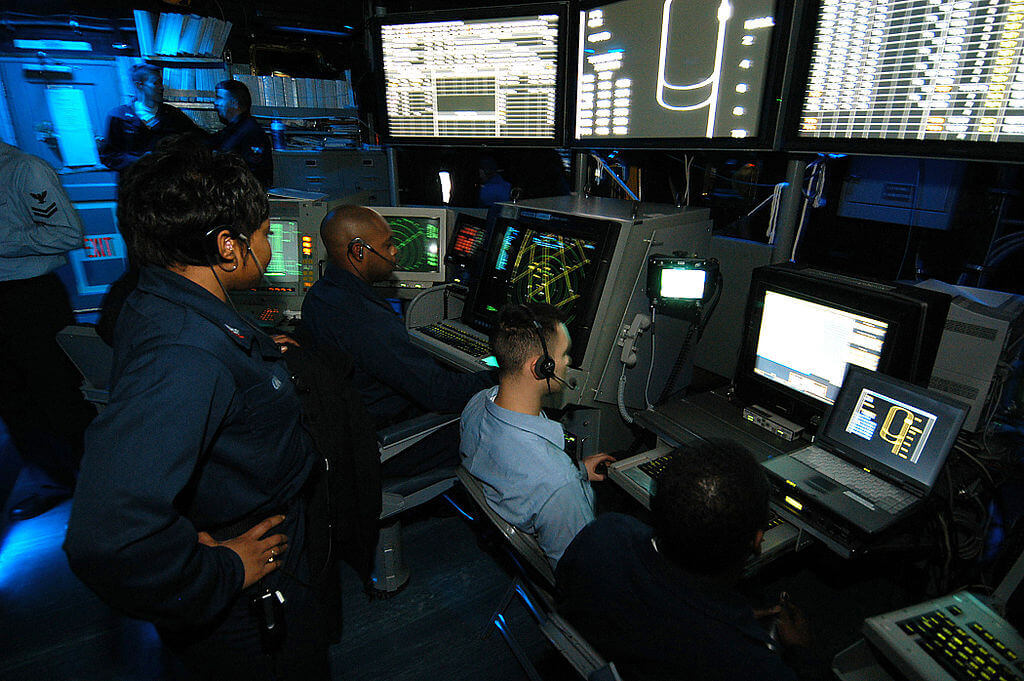A new set of work rules designed to avert possible aviation accidents resulting from air controllers literally sleeping on their jobs was issued early this week by the Federal Aviation Administration (FAA).
The new rules extend the number of sleep hours air controllers are required to have before taking on a shift especially overnight duties. The said rules also require FAA managers to handle more early-morning and late-night hours work.
The new work rules form part of recent corrective actions taken by the FAA following a series of incidents that alarmed regulators and safety advocates in recent weeks when air traffic controllers were found to have fallen asleep while jetliners were establishing contact.
One such incident was reported on March 23 when a lone controller at Washington’s Reagan National Airport had apparently fallen asleep at a time when two jetliners were en route the airport.
“I don’t know when I’ve ever been madder,” U.S. Transportation Secretary Ray LaHood was quoted to have said in “Fox News Sunday” when the announcement of the FAA changes were made.
“On my watch, controllers will not be paid to take naps. They are going to be paid for the job they are trained to do, which is to guide planes safely,” LaHood said.
The ‘sleeping on the job’ incidents have prompted the resignation last week of a FAA official responsible for overseeing the day-to-day operations of some 15,000 air traffic controllers at more than 400 airports in the country.
During regular shifts, large airports such as those in New York, Chicago and Los Angeles are being served by more than one controller on duty at all times. But many of those on duty could not escape succumbing to sleep problems. Another incident was reported in Miami, where one of 12 controllers was found sleeping during a night shift.
With the new FAA guidelines, air traffic controllers will have at least nine hours of rest in between shifts, instead of the current eight hours. The new rules changes are expected to be fully in force by the end of the week.
“Research shows us that giving people the chance for even an additional one hour of rest during critical periods in a schedule can improve work performance and reduce the potential for fatigue,” according to FAA Administrator Randy Babbitt.









